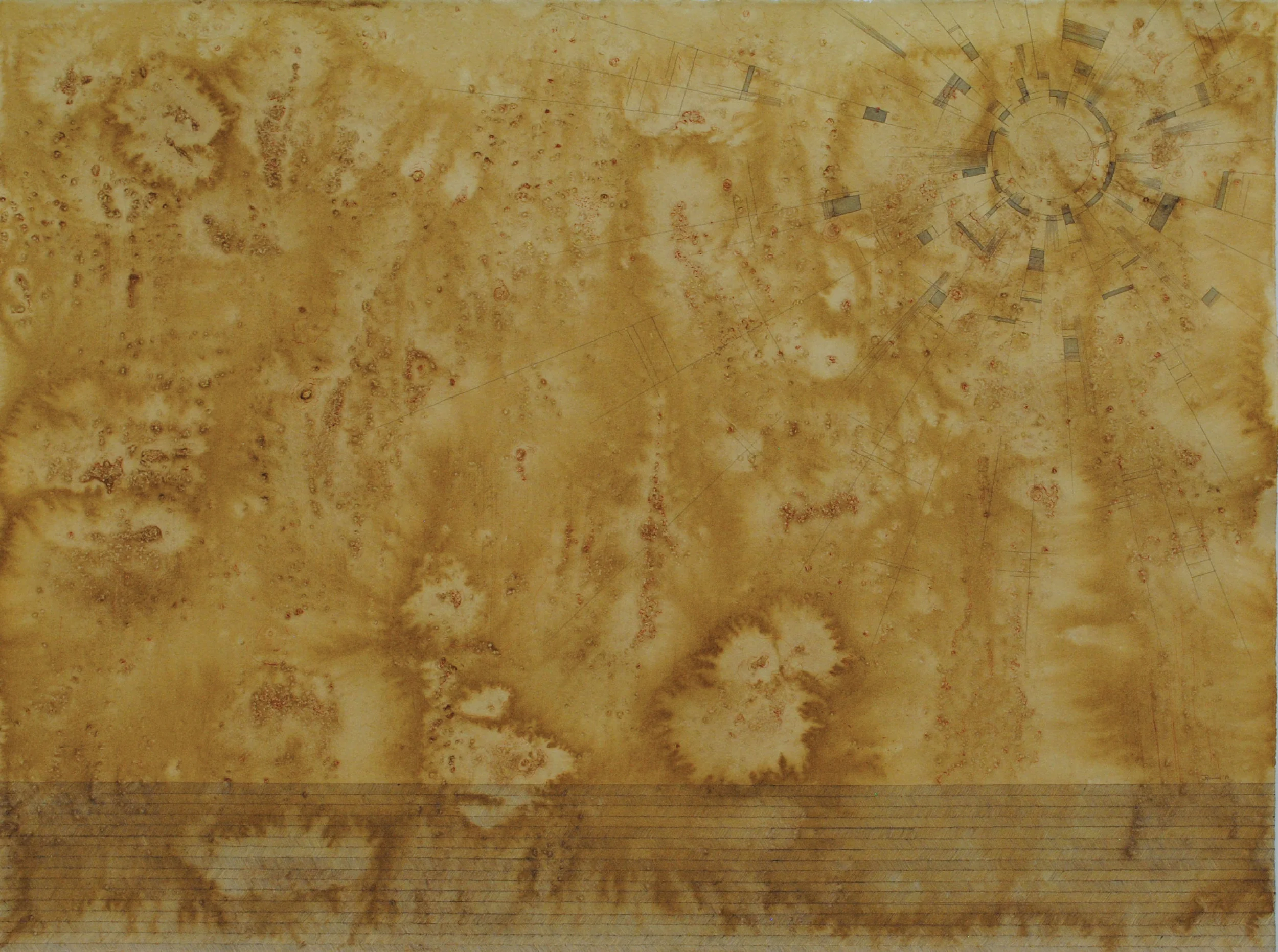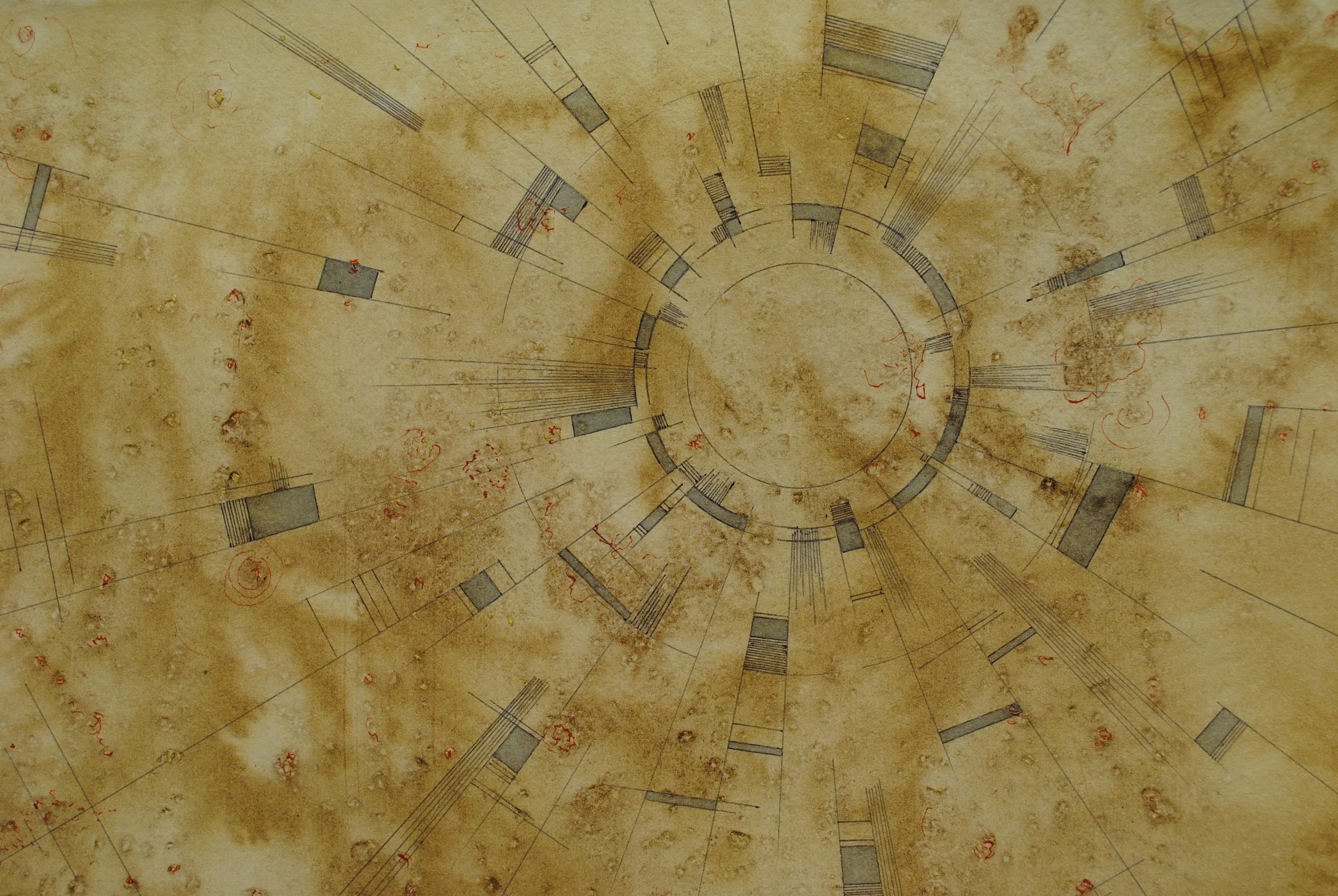2015
There is a desert, and in the midst of that desolation stand ambitious men.
Long ago, Nimrod - a mighty warrior and king of the desert - desired a place as a god. He said to his people, “Come, let us make a name for ourselves, and let us build a tower with its top in the heavens lest we be dispersed and forgotten.” So they began construction on a spire that would prick the heavens.
Then the LORD descended in radiant theophany and twisted their tongues in His displeasure. Men who had once been allies were torn apart by the confusion of their languages and dispersed throughout the wasteland. Thus the place was called Babel, and its ruins still lie on the plains of Shinar, populated only by the owls and hyenas.
Nimrod’s nation was scattered, but his vision lingered on, gnawing at the imaginations of generation after generation. Constantly his children roam, splintering according to language and culture, coalescing, and then fracturing again. They build ceaselessly but leave behind only a trail of crumbling monoliths beneath the cold light of the moon.
After a time, the LORD sent his Son to pave the Way through the desert to the holy city of Zion. He adopted countless descendants of Nimrod and gave them a mighty gift. The very Spirit that had first confused language would now give men one voice and the Word to speak.
Nimrod’s offspring still apply all of their might to building towers of steel and glass. But the children of the Lord live in the sand, making their slow pilgrimage along the Way and singing of Zion. Their chorus is the unified voice of the faithful proclaiming:
No eye has seen and no mind has conceived the full glory of Zion, but in everything are signs and signifiers.








